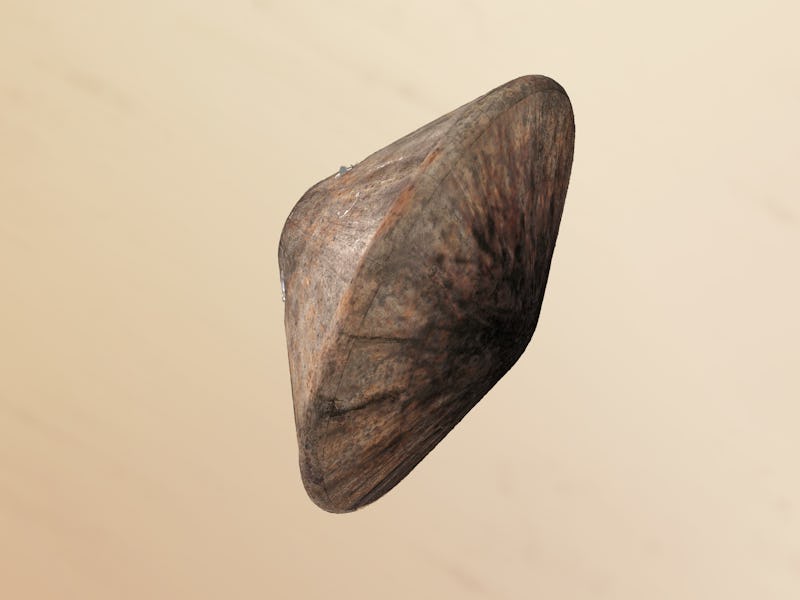The European Space Agency finally seems to have pinpointed why its Schiaparelli lander experienced a fatal crash landing on the surface of Mars on October 19. As previously suspected by some experts, a computer glitch seems to have caused a navigation error that caused Schiaparelli to prematurely shut off its thrusters and activate on-ground systems.
In short, a sensor failure led Schiaparelli to believe it was closer to the ground than it really was. The parachute was ejected and braking thrusters turned off while the spacecraft was still over two miles in altitude during descent. Schiaparelli thought it was already on land.
It was all thanks to an error in the instrument that measured the spacecraft’s spin. In “When merged into the navigation system,” ESA wrote in a news release, “the erroneous information generated an estimated altitude that was negative that is, below ground level. This in turn successively triggered a premature release of the parachute … and a brief firing of the braking thrusters.”
The crashed ExoMars Schiaparelli module.
The crash is a major setback of the agency’s ExoMars mission — launched in collaboration with Russian space agency Roscomos. Schiaparelli was tasked with testing out a new spacecraft landing system and measuring the surface wind speeds on the Red Planet. Needless to say, none of that will be happening.
However, all is not lost for ExoMars. The other half of the mission — the Trace Gas Orbiter, tasked with looking for biosignatures that could indicate signs of past or present Martian life — successfully inserted itself into Mars’ orbit. And ESA and Roscomos are still full-speeds-ahead on plans to send a rover to the planet in 2020, which will continue the search for signs of life and collect more data about the geology and composition of the Martian surface.
“ExoMars is extremely important for European science and exploration,” said Roberto Battiston, president of Italy’s ASI space agency. “Together with all the participating states in the program, we will work towards the successful completion of the second ExoMars mission.”
